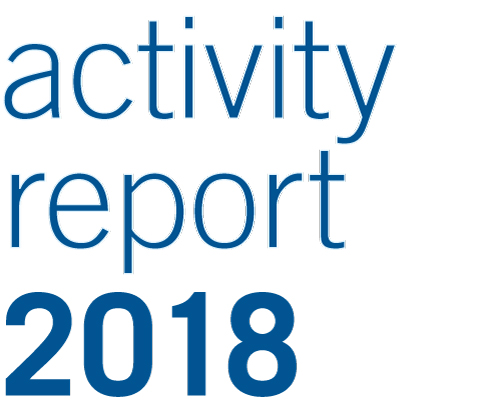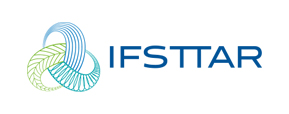What are the major challenges facing France in the field of transport infrastructure?
We have three main challenges to overcome. First, to better understand the state of our infrastructure and maintain it. While the 12,000 km of the non-concession national road network represent only about 1% of the total length of French roads, they carry more than 20% of the total traffic. This is a fact: even if we monitor and maintain our pavements and structures, they are nevertheless still deteriorating. Investments are needed to stop this process. This is why the budget allocated to the maintenance and operation of the road network was increased to 800 million euros in 2018 and the Mobility Policy Bill (Projet de loi d’orientation des mobilités) must reassert this effort to maintain and modernise our infrastructure. The second challenge is to optimise the use of existing infrastructure, in order to improve the daily mobility of the French population, particularly in urban areas. This requires traffic management measures: journey time information, dynamic speed control, ramp metering or reserved lanes (open to public transport on the A6 or A10 motorways) and we are getting ready to open dedicated car-pooling lanes. Finally, the last challenge relates to the advent of the autonomous vehicle. We have been working since 2015 on vehicles with partially automated driving. To move to a higher level of automation, we now need to implement maintenance policies and specific infrastructure improvements.
"IFSTTAR's expertise provides crucial support"
How can IFSTTAR help to meet these challenges?
The Institute is our scientific right-hand man. Its range of skills and expertise in the field of infrastructure, in particular in its MAST and COSYS departments, play a crucial role in supporting numerous collaborative and innovative research projects. Examples include MIRANDA, a low-cost pavement testing system for local authorities, SCOOP, the design of intelligent transport systems for connected vehicles, and our work with the LICIT laboratory on traffic modelling and the impact of new types of mobility on traffic. We also have significant R&D needs in the pre-operational phase, to assist infrastructure projects. IFSTTAR can also make a significant contribution on this topic.
Which future issues require more extensive research?
How can we rethink the role of infrastructure in mobility issues? How can we reduce congestion and greenhouse gas emissions? How can we address climate change? These issues raise important challenges for the coming decades, as does the topic of digital infrastructure. We have growing needs for connectivity and mapping. Here again, IFSTTAR's scientific insights will be essential to conceptualise and create "digital twins" of physical infrastructure and to foster new forms of mobility. We also need to consider measures to develop a more cross-cutting approach to mobility - in collaboration with other ministries, for example - or to support our companies and promote our technical know-how and engineering at the international level.


